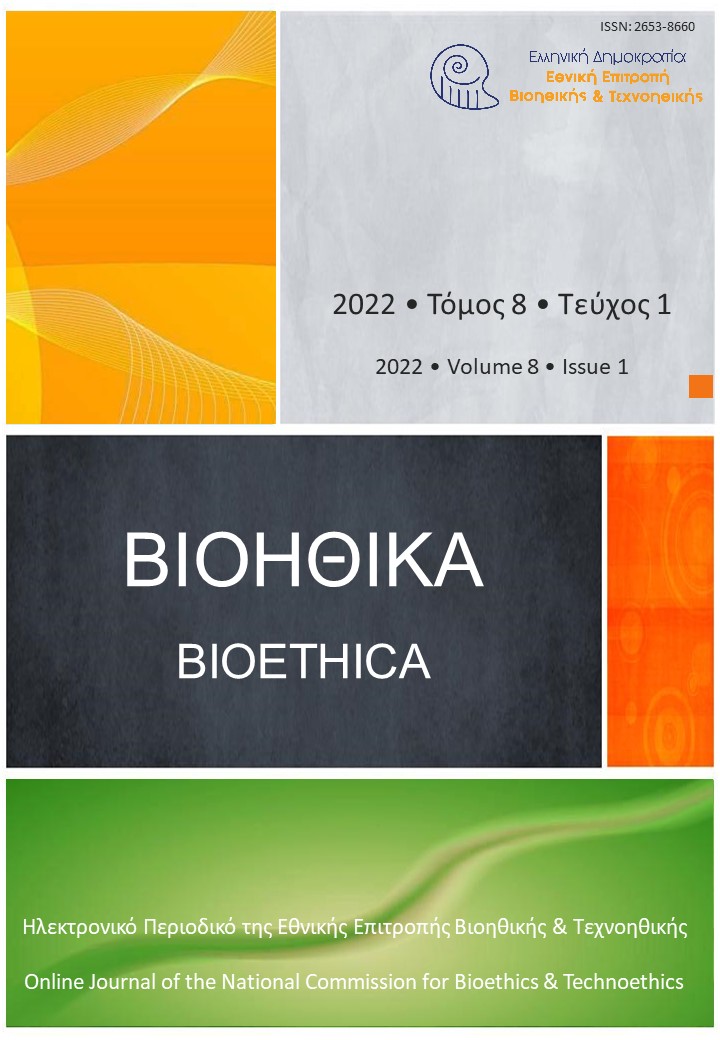Social and Ethical Aspects of Biometrics

Abstract
As technology is constantly evolving, so has the science of biometrics. Biometrics is the science that studies and examines the recognition and identification of individuals based on their physical or behavioral characteristics. Sequentially, biometric systems accurately validate the authenticity of these characteristics of individuals resulting in a variety of applications. However, there are ethical and social issues regarding the management of biometric data. Examples are the privacy, autonomy, transparency, and social exclusion of people from diverse groups, as it is, for example, the elderly population. Similar questions are being asked about how the biometric data of refugees are being used by various organizations and governments that have upgraded border identification systems for the sake of upgraded security. Therefore, while the science of biometrics has contributed to the improvement of the standard of living and safety of people, providing solutions to many problems, it has also been the subject of debate on whether it violates human rights.
Article Details
- How to Cite
-
Despotidis, K. (2022). Social and Ethical Aspects of Biometrics. Bioethica, 8(1), 6–21. https://doi.org/10.12681/bioeth.30532
- Section
- Original Articles

This work is licensed under a Creative Commons Attribution 4.0 International License.
Authors who publish with this journal agree to the following terms:
- Authors retain copyright and grant the journal right of first publication with the work simultaneously licensed under a Creative Commons Attribution CC BY 4.0 License, which allows for immediate free access to the work and permits any user to read, download, copy, distribute, print, search, or link to the full texts of articles, crawl them for indexing, pass them as data to software, or use them for any other lawful purpose. Appropriate credit must be given by citing the author(s) and the original publication in this journal.
- Authors are able to enter into separate, additional contractual arrangements for the non-exclusive distribution of the journal's published version of the work (e.g. post it to an institutional repository or publish it in a book), with an acknowledgement of its initial publication in this journal.
We encourage authors to deposit their articles, as well as data underlying the publications, in institutional and/or other appropriate subject repositories.
Bioethica permits and encourages authors to archive the final publication pdf in institutional (e.g. the repository of the National Hellenic Research Foundation) or other appropriate subject repositories (e.g. SSOAR repository for social sciences), in compliance with institutional and/or funder open access policies, after publication in the BIOETHICA. Authors must provide bibliographic details that credit publication in the journal, as well as related funding details (when applicable).
Lists of institutional and other subject-based academic open access repositories can be found listed by country at the registry http://opendoar.org/countrylist.php
If your institution does not possess a repository you may deposit a copy of your paper at no cost with www.zenodo.org , the repository supported for open access research in the EU by the European Commission, through the project OpenAIRE (www.openaire.eu )


